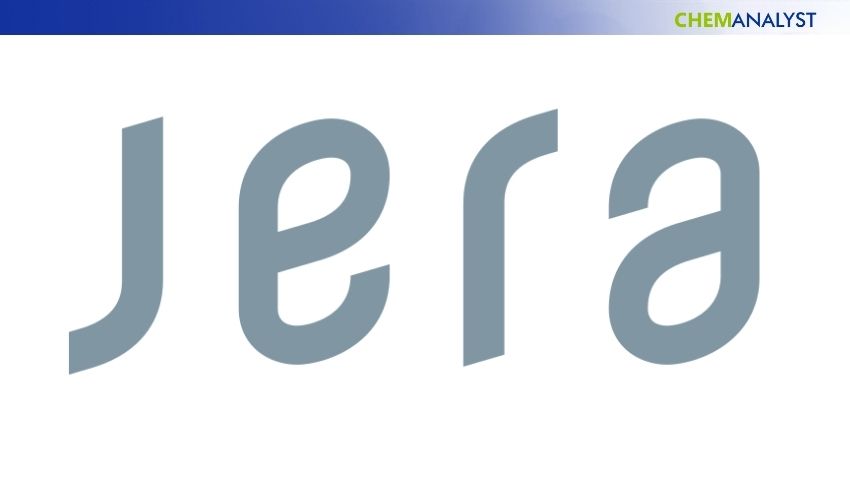Welcome To ChemAnalyst

JERA and Kawasaki Heavy Industries have signed a MoU to develop a CCUS value chain at Yokosuka Thermal Power Station. By 2030, they aim to demonstrate KHI’s CO2 capture technology at the coal-fired plant. The project supports Japan’s decarbonization goals and paves the way for practical implementation of CCUS in thermal power generation.
JERA Co., Inc. (JERA) and Kawasaki Heavy Industries, Ltd. (KHI) have entered into a memorandum of understanding (MoU) to jointly explore the development of a carbon capture, utilization, and storage (CCUS) value chain at the Yokosuka Thermal Power Station located in Kurihama, Yokosuka City, Kanagawa Prefecture. This collaboration marks a strategic step toward establishing a functional CCUS infrastructure at a coal-fired power plant in the Tokyo Bay area—the first of its kind.
Under the terms of the MoU, both companies intend to initiate a demonstration project by 2030 that will utilize KHI’s advanced carbon capture technology at the Yokosuka Thermal Power Station, which is operated by JERA’s subsidiary, JERA Power Yokosuka G.K. The goal of this joint study is to validate the effectiveness of CCUS technology in capturing carbon dioxide emissions from thermal power plant operations and promoting its practical application in real-world settings.
This initiative aligns with JERA’s broader strategy, known as the “JERA Zero CO2 Emissions 2050” roadmap. As part of its ongoing commitment to decarbonization, JERA is increasing its adoption of renewable energy sources while also developing thermal power generation systems with zero carbon emissions. A notable milestone in this journey was achieved at the Hekinan Thermal Power Station Unit 4 in Aichi Prefecture, where JERA successfully demonstrated the world’s first large-scale commercial use of fuel ammonia—substituting 20% of coal fuel—in a coal-fired thermal power plant. Building on this success, JERA is taking steps to phase out inefficient coal-fired units by FY2030, especially during periods of low electricity demand. It is also advancing plans to substitute ammonia at high-efficiency thermal plants and explore CCUS deployment domestically and globally.
KHI, guided by its “Kawasaki Global Environmental Vision 2050,” has developed the Kawasaki CO2 Capture (KCC) technology. This solid sorbent-based method absorbs CO2 from flue gases and releases it using low-temperature steam, typically generated using waste heat from power or industrial plants—thereby reducing operational costs. Originally designed to remove CO2 from confined spaces like spacecraft, KCC has been tested successfully in coal-fired power plants for emissions reduction.
As part of the partnership, KHI will install pilot-scale carbon capture equipment at the Yokosuka facility and demonstrate, by 2030, the entire process from CO2 capture to potential reuse. Both companies aim to expedite the commercialization of CCUS technologies through this collaboration and play a significant role in achieving a decarbonized society and resolving pressing energy challenges.
We use cookies to deliver the best possible experience on our website. To learn more, visit our Privacy Policy. By continuing to use this site or by closing this box, you consent to our use of cookies. More info.
